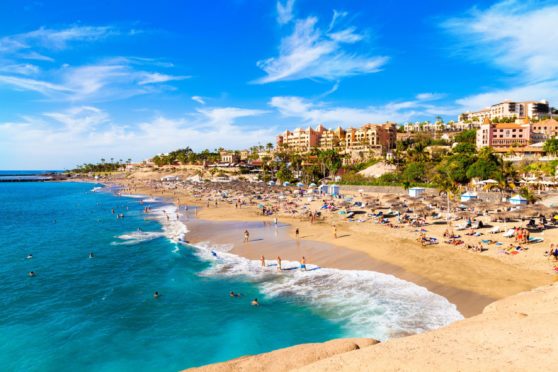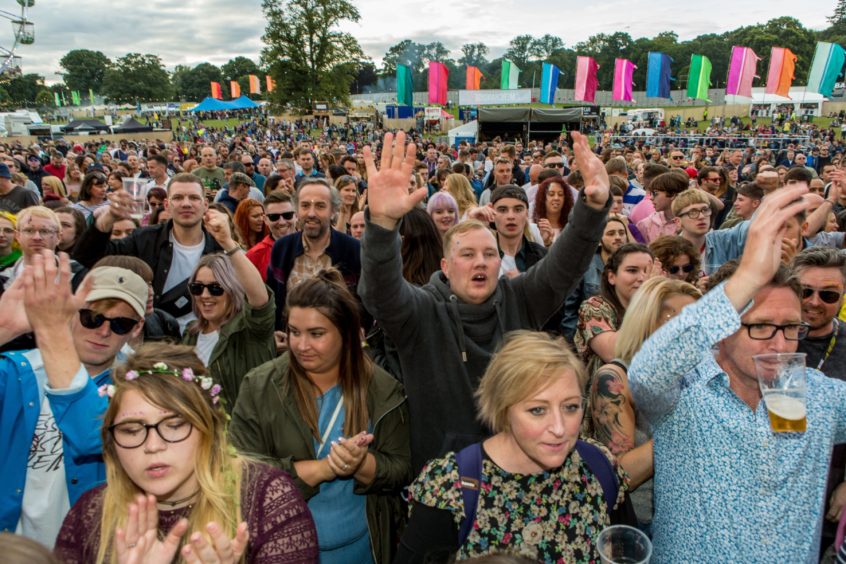Many European countries have announced they will soon open up to tourists but anyone travelling will likely need proof they are protected from Covid-19.
At the moment, travelling abroad for a holiday is subject to a traffic light system with only a few countries such as Portugal on the ‘green’ list.
At theatres, nightclubs and festivals meanwhile — some of which began to welcome small crowds from May 17 — entry may only be permitted with proof of vaccination.
Different plans for ‘Covid passport’ in England and Scotland
So, will we all need a ‘Covid passport’?
The answer, frustratingly, is not yet clear.
The UK and Scottish governments are developing a digital health certificate scheme but this has not yet been finalised and will differ between UK nations.
Even with a UK-wide system in place, each destination such as Spain will have different rules on who can enter and what proof is required.
UK transport secretary Grant Shapps recently said the existing NHS app will soon be repurposed for use as a Covid passport in England.
In the interim in England, residents should be able to obtain paper “proof”.
This details the type of vaccine they’ve received alongside dates and times.
In Scotland this is not the case with national clinical director Professor Jason Leitch saying they are “not a satisfactory solution”.
It’s not clear how a Scottish resident would prove they are vaccinated if travelling down south for an event.
One such event of concern is the upcoming delayed Euro 2020 Scotland versus England football match on June 14 in London.
Tens of thousands of Scots are planning to travel to the UK capital for the game.
What is the solution then?
In the short-term, a solution hasn’t been identified and nobody can obtain a ‘Covid passport’ yet.
This is partly because no final decision has been taken on how the certificates would be used as there are ethical and equality issues to assess.
Prof Leitch says data proving who has natural immunity from Covid-19, who has been vaccinated and who has recently tested negative exists but the challenge is putting this into a usable format.
Those vaccinated in the UK should be given a vaccination card and these details will also be added to their medical records.
Eventually, a digital system will be in place allowing Scottish residents to download an app displaying relevant medical records such as vaccination or natural immunity.
It would mean Scotland is ready to join an international vaccination passport programme.
This will take time, according to the Scottish Government, and it is yet to give a date for when this will be rolled out.
Questions remain
As the country exits many of the longest lasting restrictions, questions remain on how it will all work.
When asked for further details on Covid passports and how people can currently prove they have been fully vaccinated, the Scottish Government said work is ongoing.
A spokesperson said: “Scottish Government officials are continuing to carry out work, including scoping the equality and ethical issues relating to Covid status certification, with a view to offering advice to the new administration after the election.”
A UK Government spokesperson added: “We are considering a range of evidence around COVID-status certification and whether it may have a role in opening up higher risk settings safely.
“We are also working closely with the devolved administrations as part of our ongoing review and no final decisions have been taken.”

